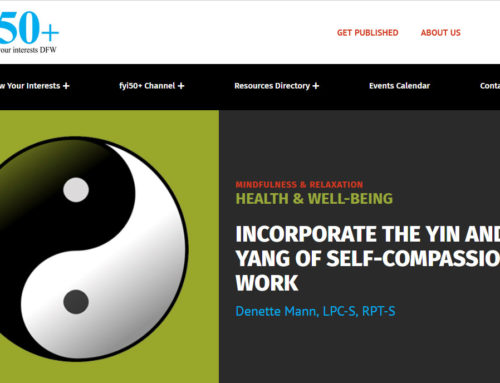It can matter more than IQ in the professional world. It has been called “The key to personal and professional success.” It affects how we manage our own behaviors as well as navigate interpersonal relationships. What is this indicator of personal, professional, and social competence?
“Emotional Intelligence,” is a term popularized in 1995 by now-internationally known psychologist, Daniel Goleman, in his book of the same name. The Harvard Business Review called Emotional Intelligence— which discounts IQ as the sole measure of one’s abilities — “a revolutionary, paradigm-shattering idea.”
Four components to high emotional intelligence:
- Self- Awareness– The ability to understand, name, and connect to our emotions as they happen; To notice our emotions are accompanied by bodily sensations; To make connections between the emotional and physical cues from the body.
- Self- Management– The capacity to manage the expression of emotions in a healthy manner; To control disruptive impulses; To respond instead of react; To take responsibility for our behaviors.
- Empathy/Social Awareness– The potential to read other people’s signals and respond appropriately (with good judgement and with compassion); To anticipate and meet needs of others.
- Relationship Management– The capability to manage stress within yourself as well as the ability to manage interpersonal conflict and conflict between others; To nurture healthy relationships; To lead/inspire a team.
Each of these skills can be learned within the therapeutic relationship between a psychotherapist and a client. In fact, research has shown that certain mental health conditions are associated with lower emotional intelligence. These include but are not limited to:
- Depression
- Anxiety
- Asperger’s Syndrome
- Substance Abuse
- Recovery from traumatic events
The right therapist can not only help an individual improve their emotional intelligence, but also can impact the client’s overall mental health and well-being. If you are looking to strengthen your emotional intelligence, contact our office and set up a free 30-minute consultation to learn more.
Article written by: Gretchen Manes, M.Ed., LPC, NCC







